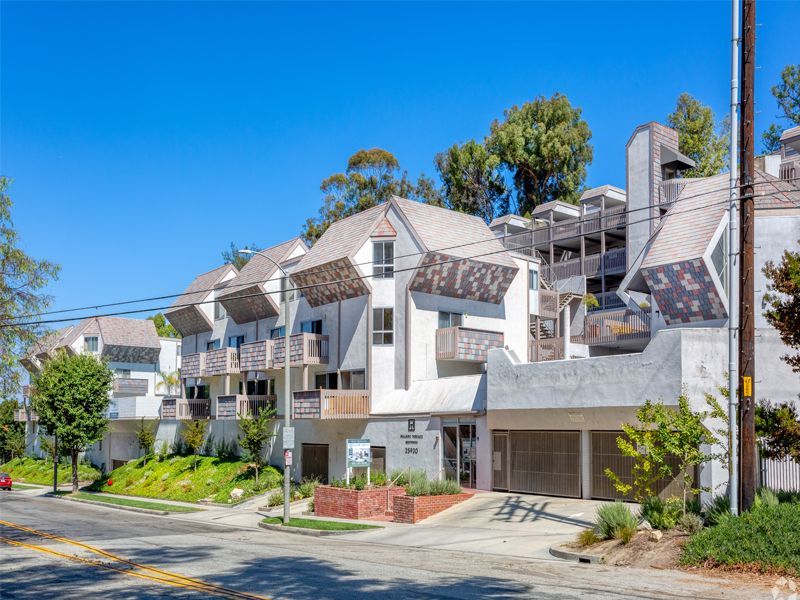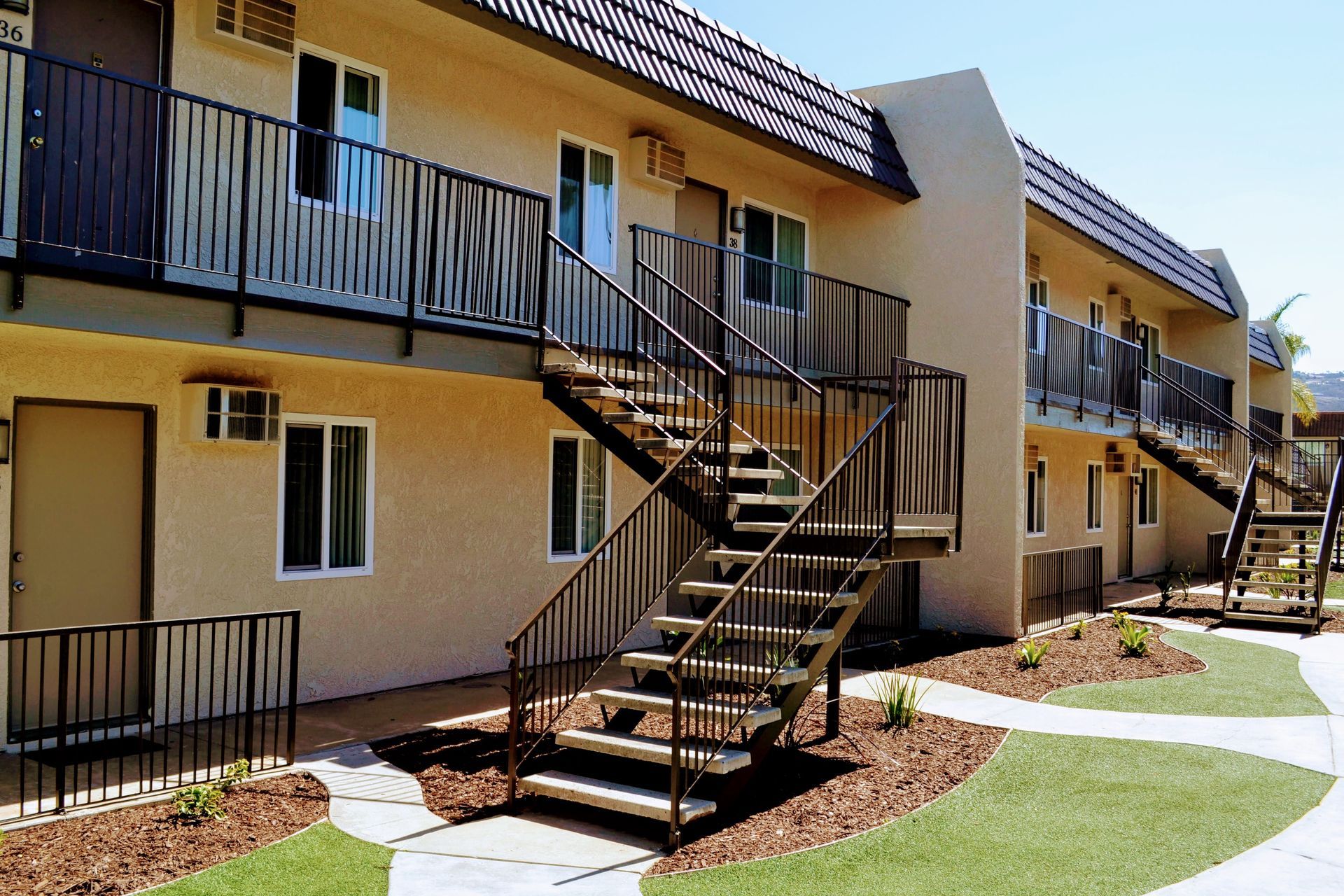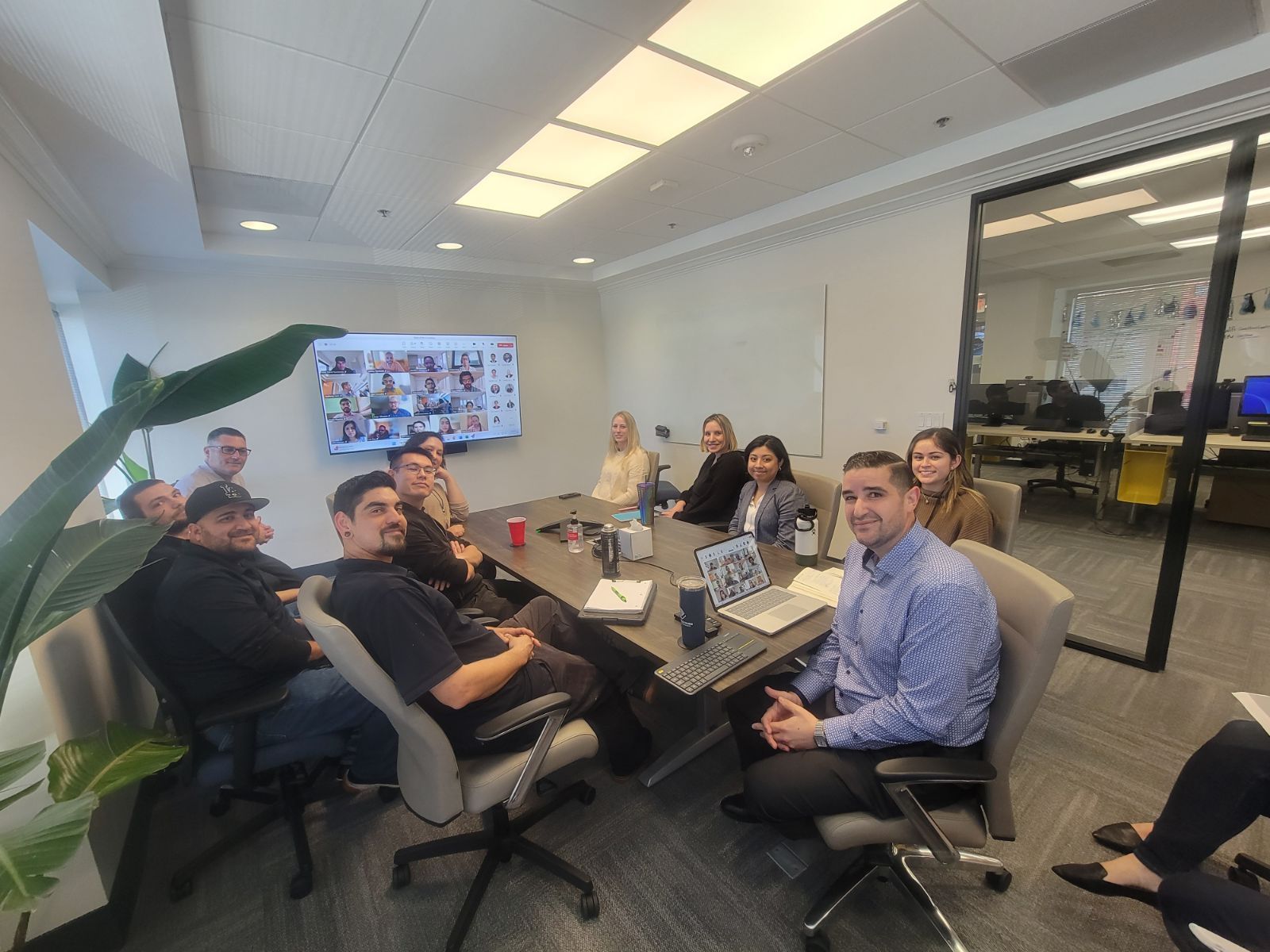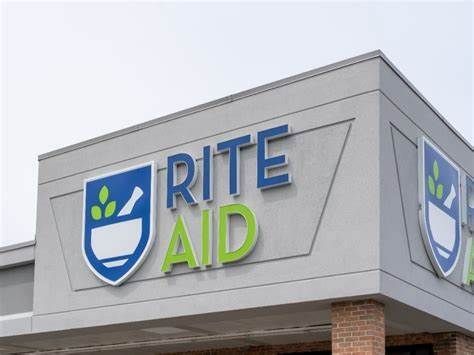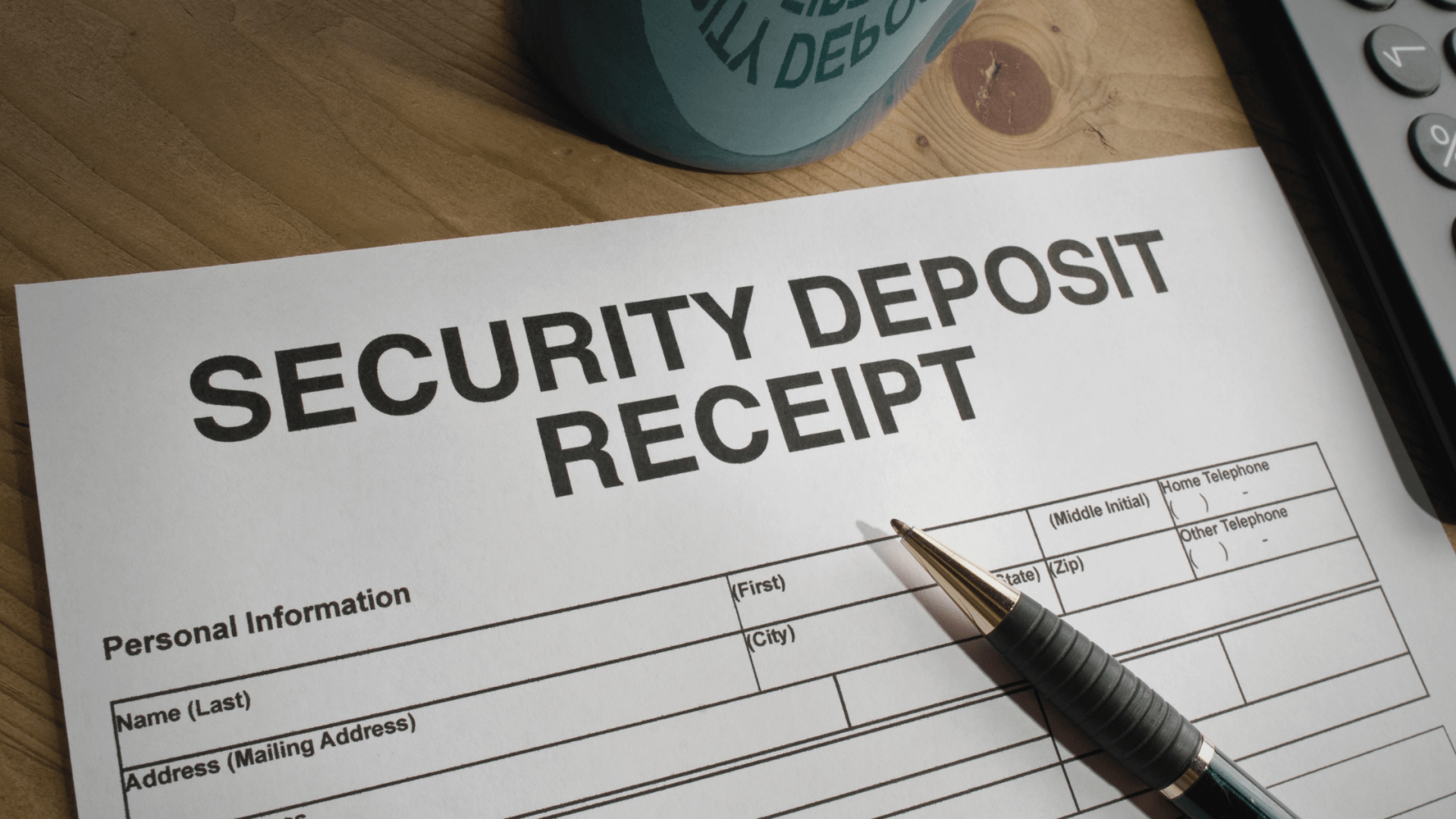PASSIVE INCOME IN REAL ESTATE
If you're a landlord or just looking to make money with real estate, it's crucial to understand how to manage property the right way. It's not just about knowing how to fix things when they break. As a property manager, especially as a first-time landlord, you'll be forced to wear many hats. How you manage that property is going to either make or break your chances for success.
Entrepreneurs have become obsessed with rental property and not just long-term rentals. The rise of AirBnB and the eager rush to convert condos and homes into short-term, transient rentals has the real estate world reeling. If you're looking to get into the fray, heed the advice from local Los Angeles property managers who are dominating the short-term rental game.
While short-term rentals are on a steady rise , long-term rentals have long been a source of the Holy Grail of all income: passive income. Real estate is a prime example of one of the best ways to create a passive income from a real-world asset that increases in value over time. The best part? Even if you put 15 percent or 20 percent down on a property, you still receive 100 percent of the rental income. Music to your ears, right?
Well, what's not so obvious or straightforward is particularly how you go about managing that property. If you don't have the time, no problem. Find a good local property manager that can take care of all the details for you. Property management services are wide-ranging in our local market. If you have the time and just starting, you likely want to save the hefty fee that often comes with property management companies that take the reigns. You better be prepared to put in the time, because you won't find this easy to do.
While there are likely hundreds of property management tips for running a tight ship, so to speak, the following 15 tips are going to help you elevate your skillset. The goal? Expertly manage the entire experience. We're not just talking about finding the right tenants and charging the right price, but also in creating a healthy and vibrant environment where you're not looking to squeeze every last penny out of your guests or long-term tenants and that everything in the home works and isn't on the verge of failure or disrepair.
How you go about doing that will either set you apart in a good or bad way. In my conversation with Michael Joseph and Tom Feldhusen, co-founders of InvitedHome , I was given acute access into the world of property management by a pair who's built a small empire on true foundational values, leveraging the currency of trust while systemizing and digitizing crucial procedures over the course of a decade of growth.
How to manage property the right way.
Managing property the right way is all about transparency, hard work, and communication. At the end of the day, you have to set the right expectations by going the extra mile and ensuring that you have clear communication lines open. One way you can find yourself getting into hot water is if you set the wrong expectations and fail to communicate.
For example, when it comes to short-term rentals, if you describe a feature that's not available in a property, it's not the end of the world. But, if you fail to communicate that mistake with the guest and allow the problem to fester, you could have a major issue on your hands that will likely result in a complaint. Communication here is the key. Every dispute can be resolved with the proper amount of communication and determining just what the problem is that needs to be solved.
If you're looking to do this the right way, you can go it alone or scour the area for an expert property manager that can help take some of the pressure off. Joseph and Felduhsen say that you're looking at roughly 10 percent to 30 percent property management rates and up of the gross rental fees, depending on the management level you're seeking. When it comes to short-term vacation rentals, there's still a significant upside here, even with a property management team helping you out.
Joseph and Feldhusen also tell me that there's a right way and a wrong way actually to manage that property. And although there are loads of great property management tips, these 15 are crucial to managing your home or condo, or apartment the right way. If you run your home more like a hospitality business, you'll certainly reap the benefits. On AirBnB, this equates to becoming a SuperHost.
Other platforms where you might rent out your home or advertise it have similar award indicators like TripAdvisor's. The point? By managing it the right way, not only will you steadily increase your business with referrals and great reviews, but you'll also earn accreditations like this one and many others from a variety of platforms like VRBO or HomeAway, FlipKey, and TripAdvisor, as a few examples.
1. Get to know your home
When you first purchase a new property, your first step should be to really get to know the home and all the systems that comprise the home. Each of your home's systems has a specific service interval and lifespan. The last thing you want to happen when you're renting out your home is for one of these systems to fail and cause the lack of preventative maintenance or care.
Services like Home Manager and Breezeway enable homeowners and property managers to better track home systems and take preventative maintenance care. Leading property management companies like Joseph and Feldhusen's InvitedHome with its HomeCraft Software, have developed proprietary systems over the years. The point? If you're considering a property manager, figure out what type of software they're using to manage the home's servicing.
2. Plan to reinvest in your home
If you're running your home as a vacation rental, you have to plan to reinvest in it with part of the revenue you earn from home during the year. This will keep your home in ideal condition and tip-top shape as you rent it out. Remember, the more guests you have, the more "use" your home or condo, or apartment will experience. This is especially true if you have a luxury home, and people are paying top-dollar to rent it.
3. Create a financial plan
Understand you much, your home will likely generate in revenues, dependent on three key factors.
- The specific location within the destination
- The level of luxury of the home
- Its size and amenities
Professional vacation rental management companies use data to predict the revenue of a home accurately. Without access to that data, you'll have to do your due diligence and scour sites out there on the web and research rates. However, advertised rates aren't always a prediction of the revenue you can expect to receive, and you'll be far removed from knowledge about occupancy rates.
4. Work with a knowledgeable real estate agent
A realtor's knowledge of the vacation rental business is often varied. Some have great firsthand insight into the industry. Others know little to nothing about it. And, while they might be able to offer property management tips, whatever their expertise might be, you must work with agents who understand the business, especially in the early stages of finding, buying, and managing homes that are intended to be used as vacation rentals.
5. Vet several property managers
Before you hire a property manager, especially one that manages vacation rentals, be sure you interview multiple companies. Do they have a local presence? What type of reputation do they have? Do they rank high on search engines like Google for searches relevant to your particular area? Find out how the property management company approaches these three key areas for managing your home:
- Maximizing your revenue generated from the home
- Caring for your home and ensuring a great experience for when you come to town
- Providing for transparent and honest communications
Our recommendation is to find a local expert. If you are purchasing a home in San Pedro, hire an expert in San Pedro property management. If you are leasing out a property in Redondo Beach, hire a property manager with specific expertise in that market. If your property is an Apartment Community, hire a firm with local residential expertise.
6. Provide easy-to-use instructions
When guests go on vacation and rent a home, they don't want to spend all their time figuring out how to use that home. Make it simple for them. How do you use the A/V systems? What about TV, Cable or Apple TV? How about any music systems or the laundry? Great property management companies will actually go through and detail out all of this for you so that you won't have to do it yourself. But, if you do it on your own, be extremely thorough and meticulous.
7. Ensure proper levels of inventory
One of the biggest reasons guests rent homes and travel in groups is to cook and eat their meals together. Some of the best memories created are around the eating and dining experience for the guests. So don't hamper it by lacking kitchen essentials. Properly stock the kitchen and other home essentials to ensure that nothing is lacking. If you're unsure, find a great property management company to help you identify what's missing.
8. Be strategic about personal use
Peak periods for vacation rentals, which typically revolve around either summer or winter seasons, otherwise known as high season, and fetch anywhere from 2x to 3x revenues, sometimes even more. If you're going to stay at your home, be strategic about going. Don't take up too much of the calendar during peak times as you run the risk of reduced revenues that could potentially be generated. Try to stick to the offseason as much as possible.
9. Think about your home like a hospitality business
If you're running your home as a rental, treat it like a hospitality business. The care and attention that most fine hotels put into their facilities and rooms are second to none. While a property management company can help you with this, if you're going it alone, you need a genuine desire to please your guests. Treat them like friends or family. If it feels more like a nuisance to you, you shouldn't manage the guests because your reviews will ultimately reflect the negative experience.
10. Be realistic about your pricing
One of the biggest mistakes that homeowners, and sometimes even property managers make when renting out a home is to set the pricing too high. Be realistic about your approach here. Do the research. Check what others are charging and do overprice your home. Finding that sweet spot might be hard, but that's the trick if you want to have high occupancy rates. This is one of the property management tips that could make or break your year regarding financial growth.
11. Build a good relationship with your housekeeping team
Having a good housekeeping team is crucial. If you're doing your own property management, you should put a high level of care and attention into finding and interviewing the right team. If they're careless and they overlook the details, it's going to reflect on you. You'll receive complaints and negative reviews, and your business will suffer. If you find a great team, set the expectations clearly in writing at the beginning of the relationship to help avoid conflict in the future.
12. Build redundancy into your inspections
Even talented people with high levels of attention to detail will miss things. Many property managers and owners managing their vacation rentals on their own level inspections to the housekeeping or maintenance people performing the service. Since it's incredibly difficult to inspect your own work, find a secondary inspector to overlook things. Let them test all the systems and inspect everything before the guest's arrival to ensure everything is perfect.
13. Have a solid marketing plan
Simply listing your home on AirBnB or any other vacation rental website isn't a marketing plan. It's a start. But it's not a plan. Today, there are so many other channels where you can market your home as a vacation rental, but the inventory flood on those channels has made the competition so fierce. If your goal is to maximize your revenue, research optimizing your listing and considering using software like myvr.com to keep everything up to date on all the listing sites.
14. Take preventative maintenance seriously
Create a preventative maintenance plan for your home and execute it diligently. That's a cornerstone of property management of your property. You don't want a boiler to bust during a peak rental stay with sub-zero temperatures, resulting in irate guests. 95 percent of these issues are preventable with the proper maintenance of care of your home. Not only will you avoid having to pay double overtime for repairs in a situation like this, but you'll also avoid having to refund all or part of a guest's rental fee. Take this seriously.
15. Dynamic pricing and revenue management
Airlines and hotels have used a dynamic pricing and revenue management model for years. The underlying concept? Ensure that pricing adjusts with demand and supply. If you're managing your home, learn everything there is to know about revenue management with tools like HomeAway's Market Maker or Beyond Pricing to help you price your home appropriately and vary that pricing based on the market.
Property Management Made Easy
Contact Us - Contact Page
We will get back to you as soon as possible
Please try again later
Los Angeles
1411 W. 190th St.,
Suite 225
Los Angeles, CA 90248
Temecula
41743 Enterprise Circle N.,
Suite 207
Temecula, CA 92590

P.O. BOX #1489
TORRANCE, CA 90505
